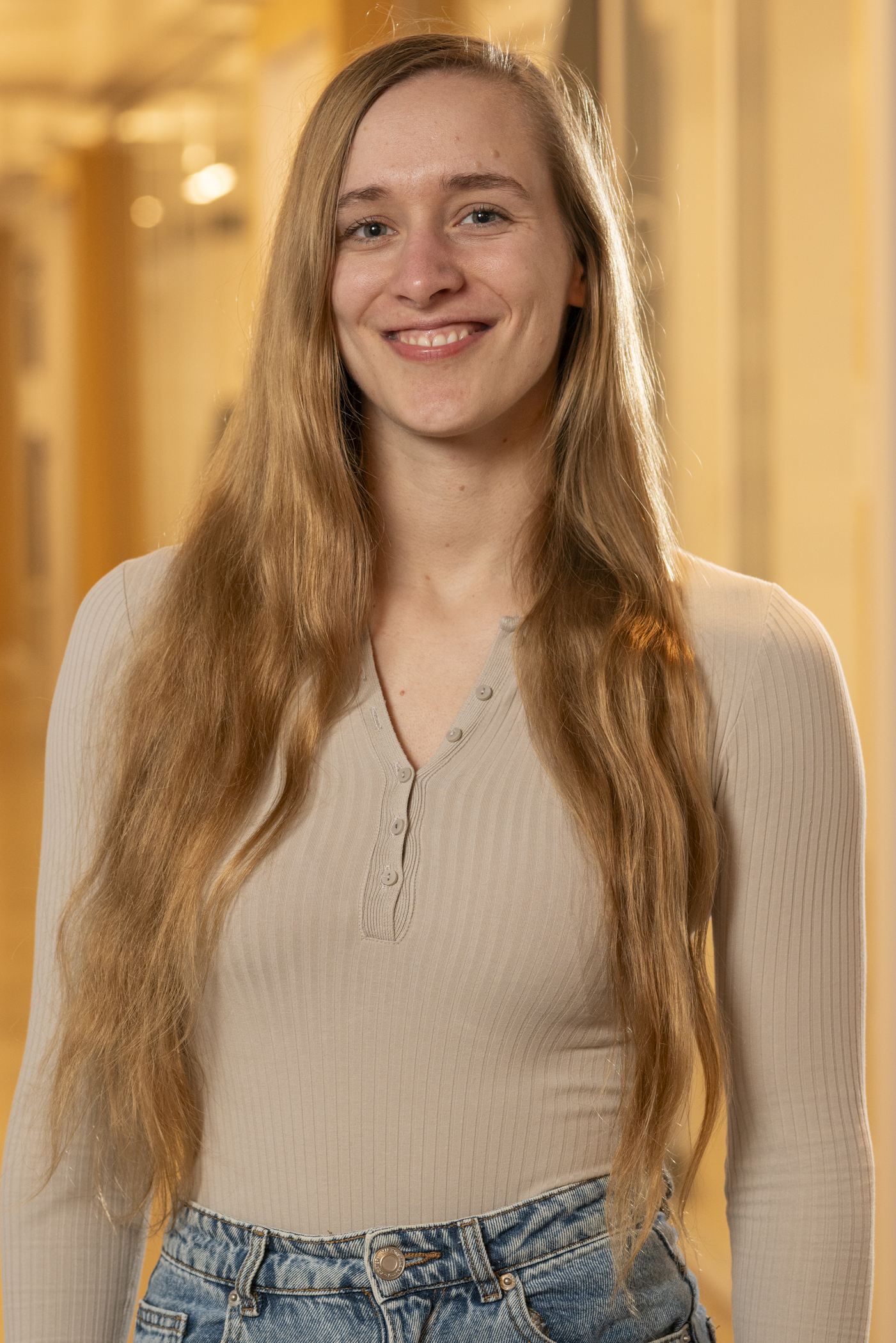
Paula Harder
Pronouns: She/Her
Brief Academic Bio
I am an ML Scientist at ECMWF, working on atmospheric composition forecasting. Previously, I was a postdoctoral researcher at the Mila Quebec AI Institute in Montreal, Canada, where I collaborated with David Rolnick on generative models for downscaling. I hold a PhD in Machine Learning and Computer Science from Fraunhofer ITWM and the University of Kaiserslautern. My doctoral research, conducted in collaboration with the University of Oxford, focused on deep learning for accelerating climate modeling, under the supervision of Janis Keuper, Nicolas Gauger, and Philip Stier.
During my PhD, I interned at the NASA/ESA Frontier Development Lab (FDL), Mila, and the Allen Institute for AI. Before that, I worked as a developer and data scientist in the automotive industry after earning a master’s degree in Mathematics from the University of Tübingen, specializing in numerical analysis under the supervision of Christian Lubich.
Current Projects
My current work focuses on large-scale models for forecasting air quality, aerosols, and gases. Additionally, I am interested in deep learning applications for meteorological downscaling.
Broader Research Interests
I am passionate about advancing machine learning to tackle critical challenges in environmental, climate, and weather modeling. My research explores ensuring physical consistency, improving generalization under distribution shifts, and better capturing extreme events in data.
Contact
paula.harder at mila.quebec · Twitter